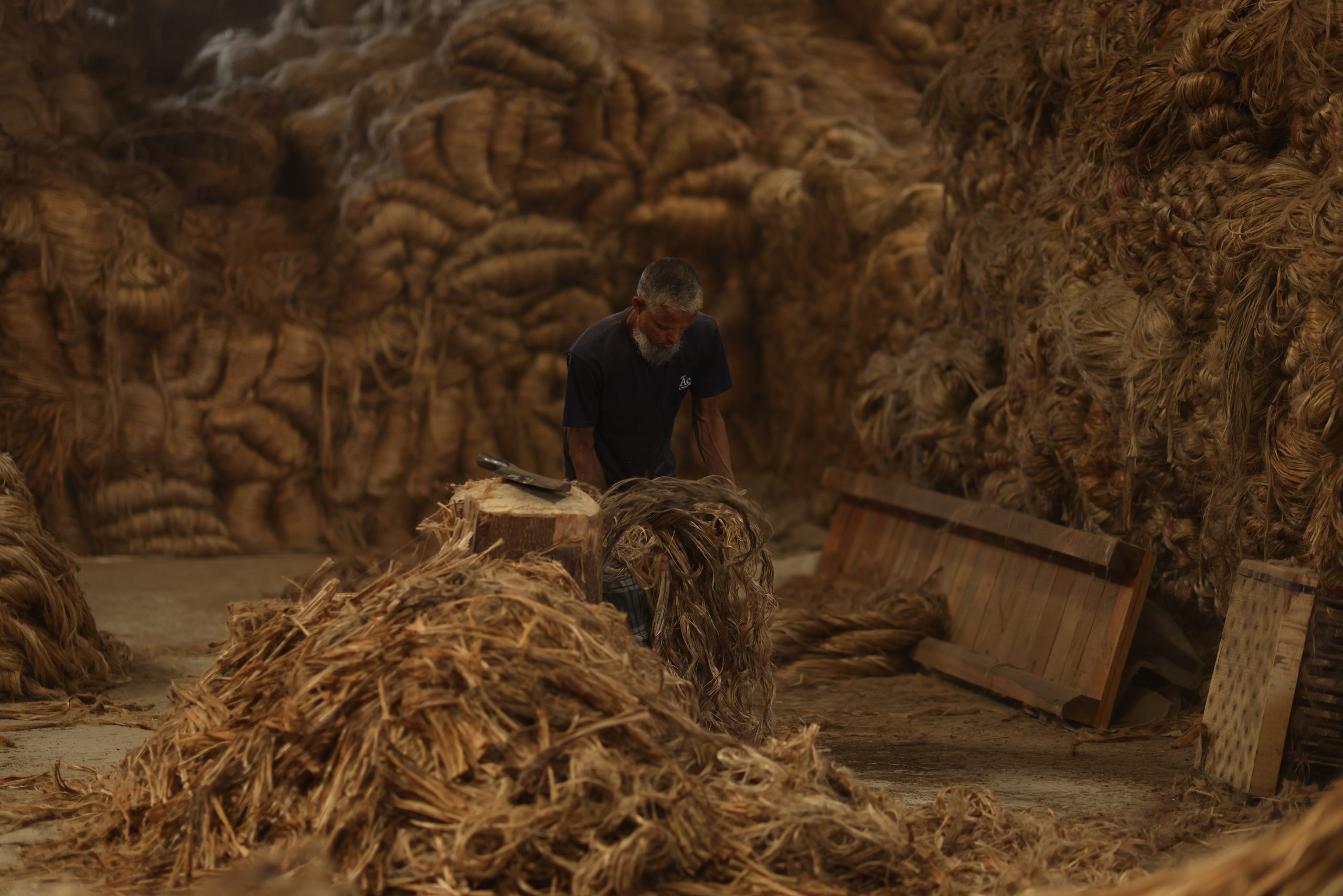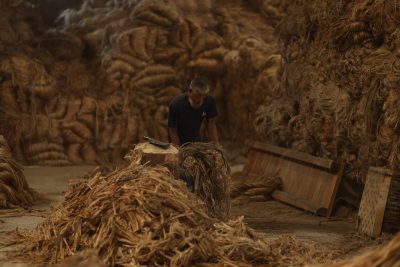The project activities are carried out within five working groups with the final goal of producing the SCIP Plastics Project Outputs. Each working group focuses on a critical component within the system that generates marine plastic waste. Whereas Working Groups I to III address classical aspects of urban solid waste management, i.e. collection, recycling and disposal, Working Group IV investigates plastic waste flows in connection with port activities and Working Group V assesses potential materials for plastic substitution.
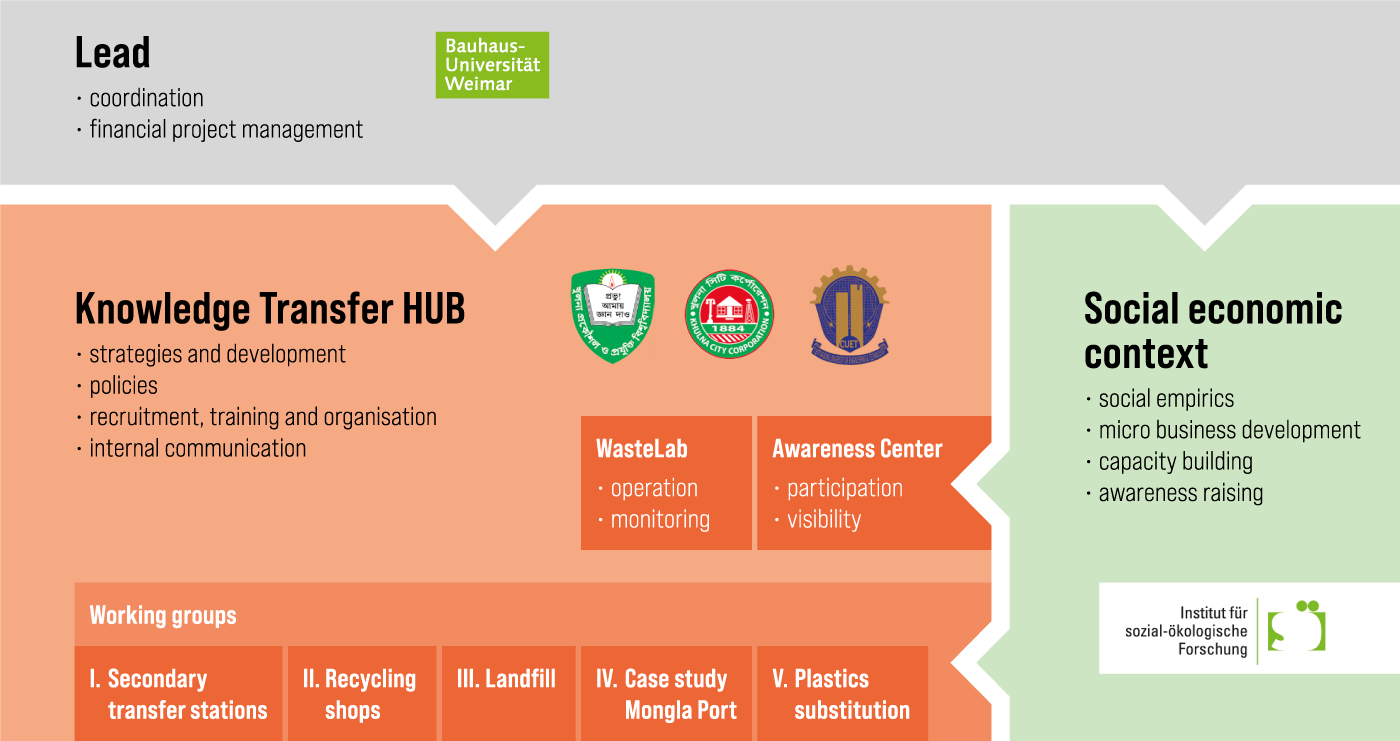
Working Group I – Secondary Transfer Stations (STS)
Working Group I addresses the field of waste collection, in particular Secondary Disposal Points, also known as Secondary Transfer Sites. Currently, WG I investigates household waste generation and composition in selected wards within Khulna City. Furthermore, it determines service coverage by analyzing primary and secondary waste collection routes.
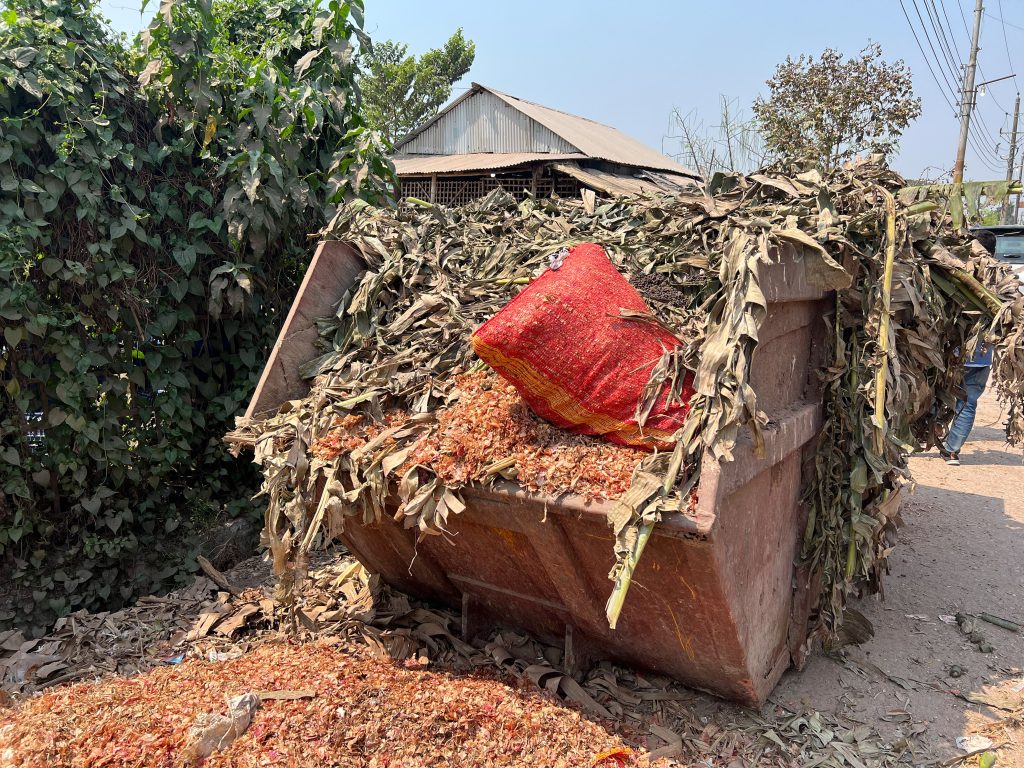
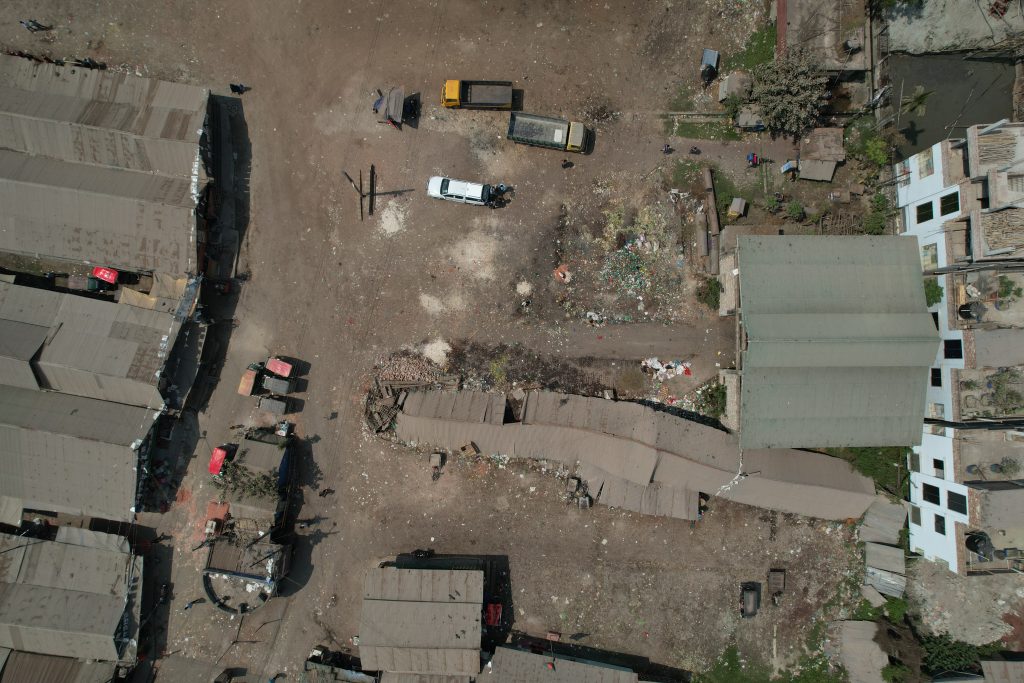
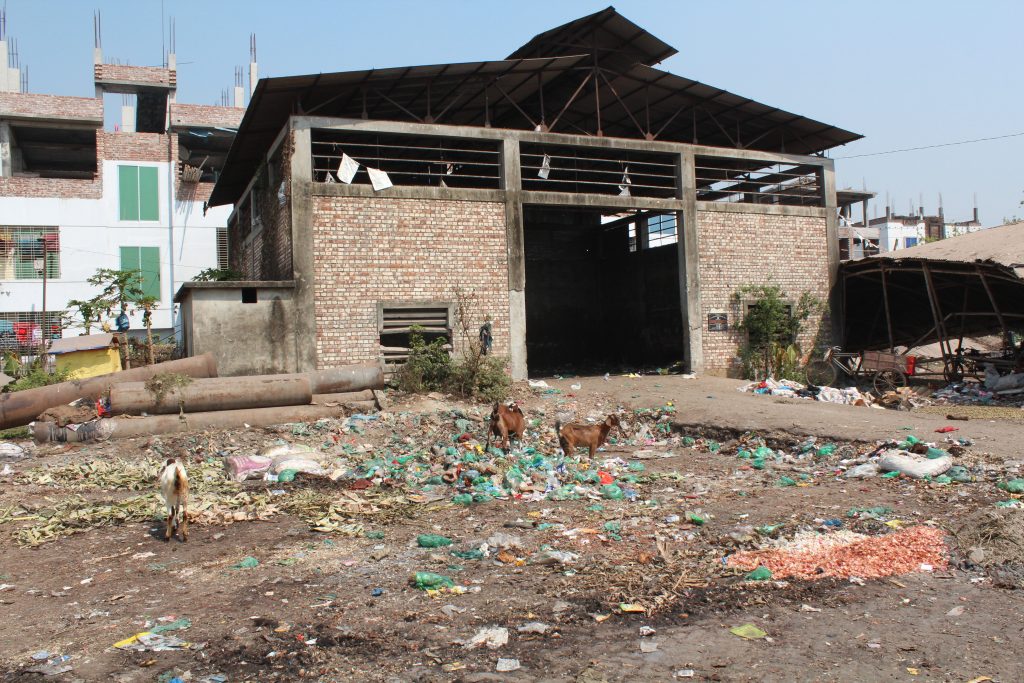
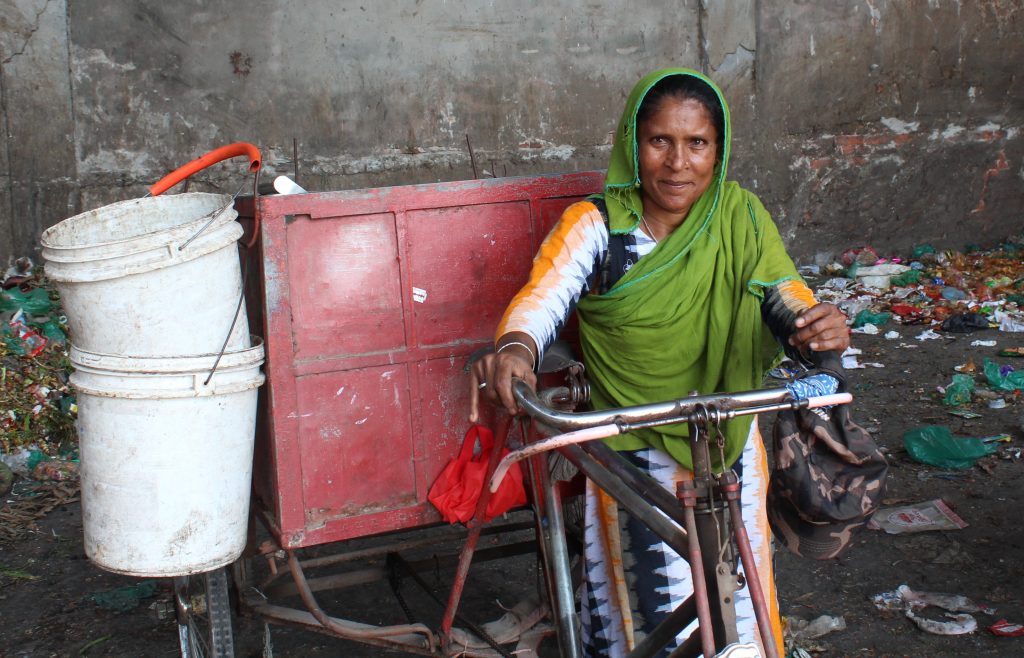
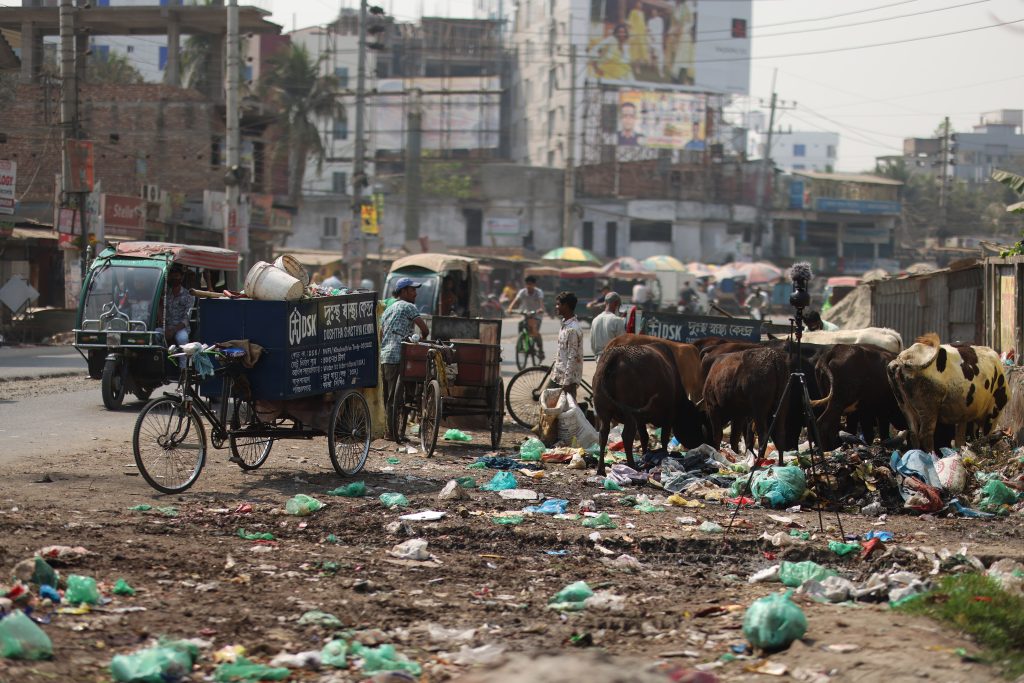
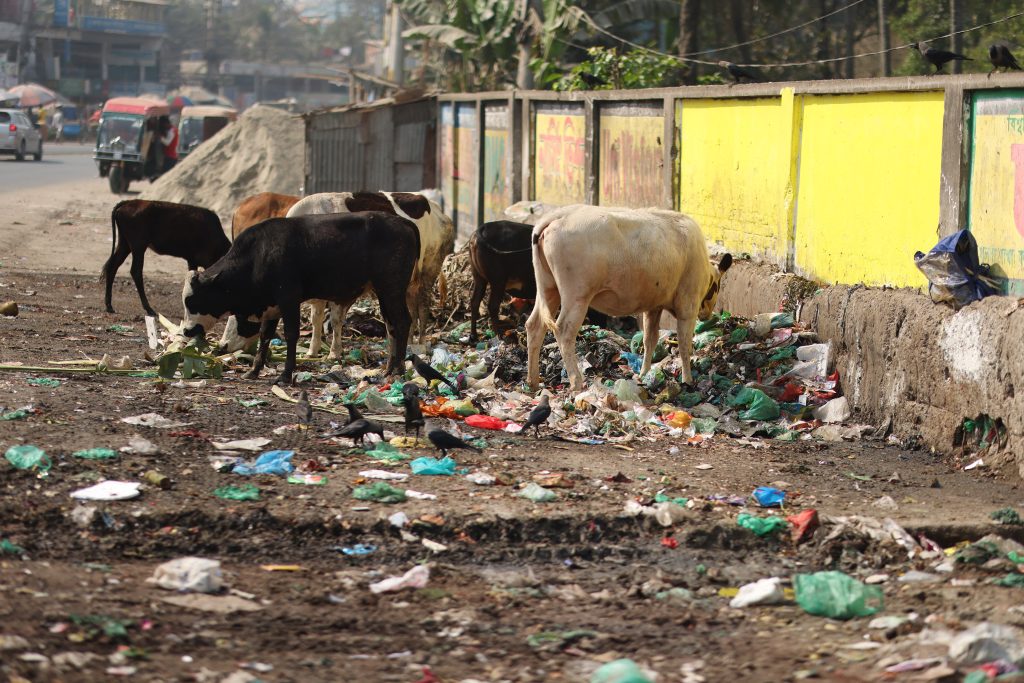
Working Group II – Recycling Shops
Working Group II investigates the current role of recycling shops within the plastic waste management system in Khulna City. Of particular interest is the material flow of plastics into and out of the local recycling sector. An important goal of WG II is to determine the amount of non-recycable plastic waste, which occurs at recycling shops, and which might enter the local environment.
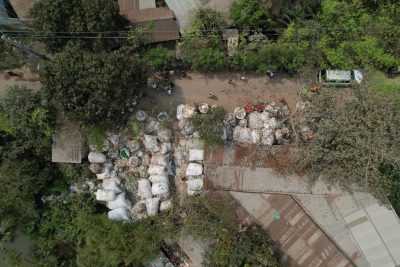
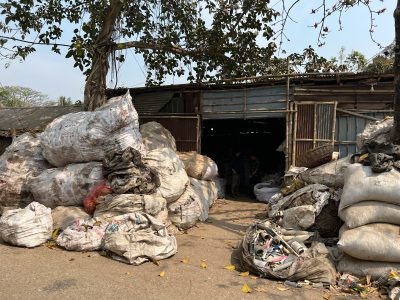
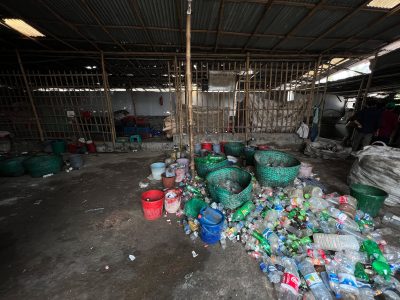
Working Group III – Landfill
An uncontrolled landfill without safety monitoring is a significant source of open plastic pollution. Working Group III analyzes the current state of waste disposal and landfill management at Rajbandh Disposal Site in Khulna. Currently, WG III quantifies and qualifies plastic emissions from the disposal site into the surrounding environment and investigates potential risks and opportunities around the site for members of the informal sector.
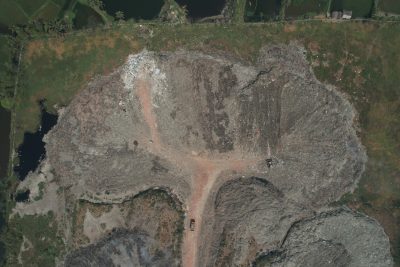
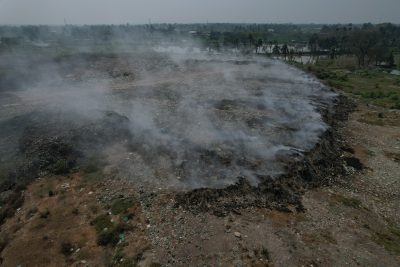
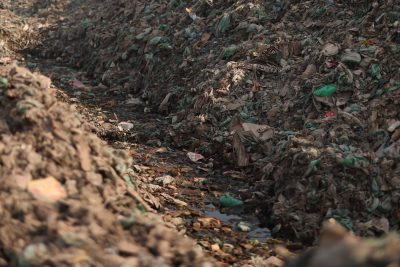
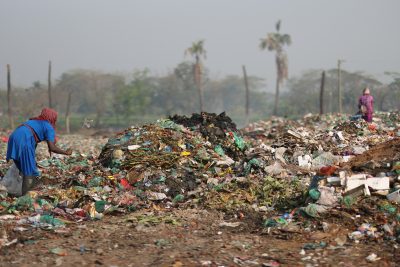
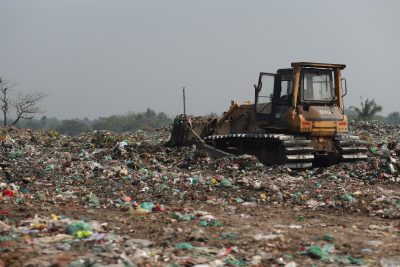
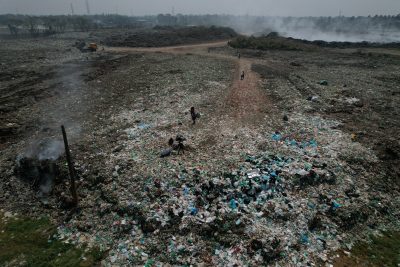
Working Group IV – Ports
Ports might be a significant source of marine plastic pollution. WG IV investigates potential pollution pathways in ports, especially during repacking and transhipping. Currently, the working group determines waste material flows of international and national ships in the area of Mongla Port. The findings are tested for application in the Chattogram Port area.
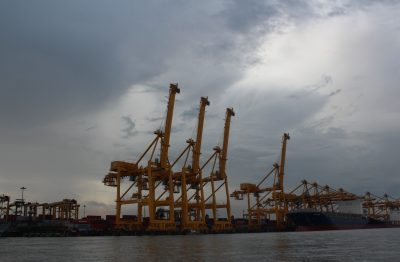
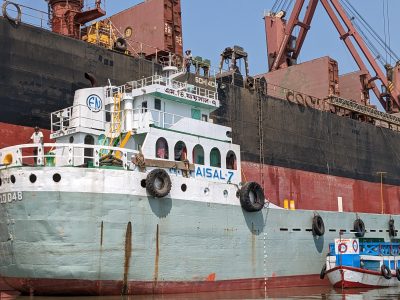
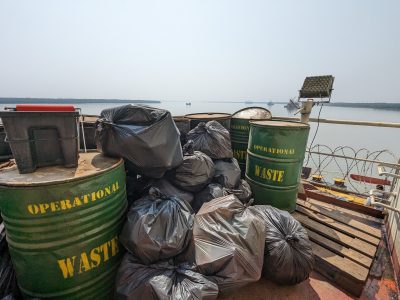
Working Group V – Plastic Substitution
Plastic substitution can play an important role to reduce overall plastic consumption and, as a consequence, reduce plastic emissions into the environment. In Bangladesh and the Ganges Delta, jute production has a long tradition. WG V investigates the current status of jute production and its suitability as a plastic substitute. Currently, the working group conducts life cycle assessments (LCA) of jute products and comparable plastic products to develop a sustainable substitution strategy.
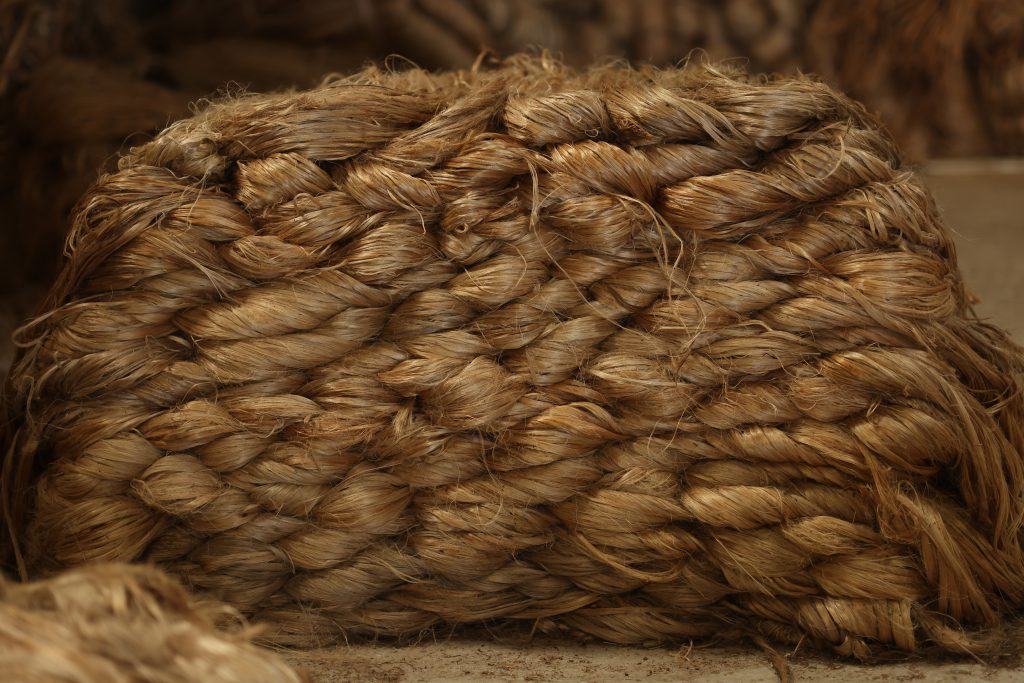
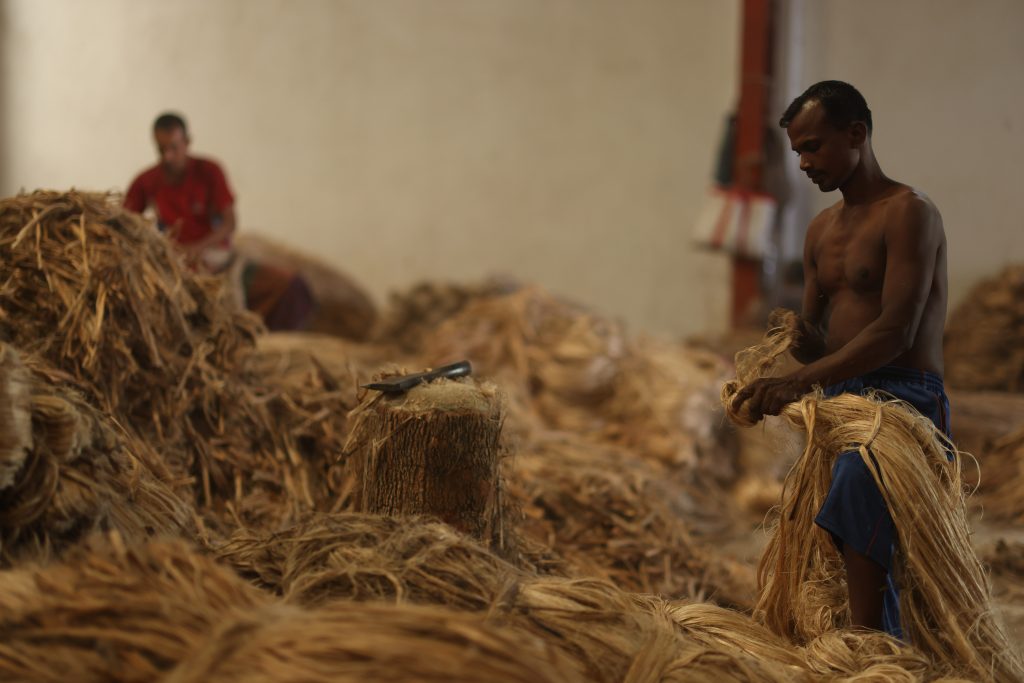
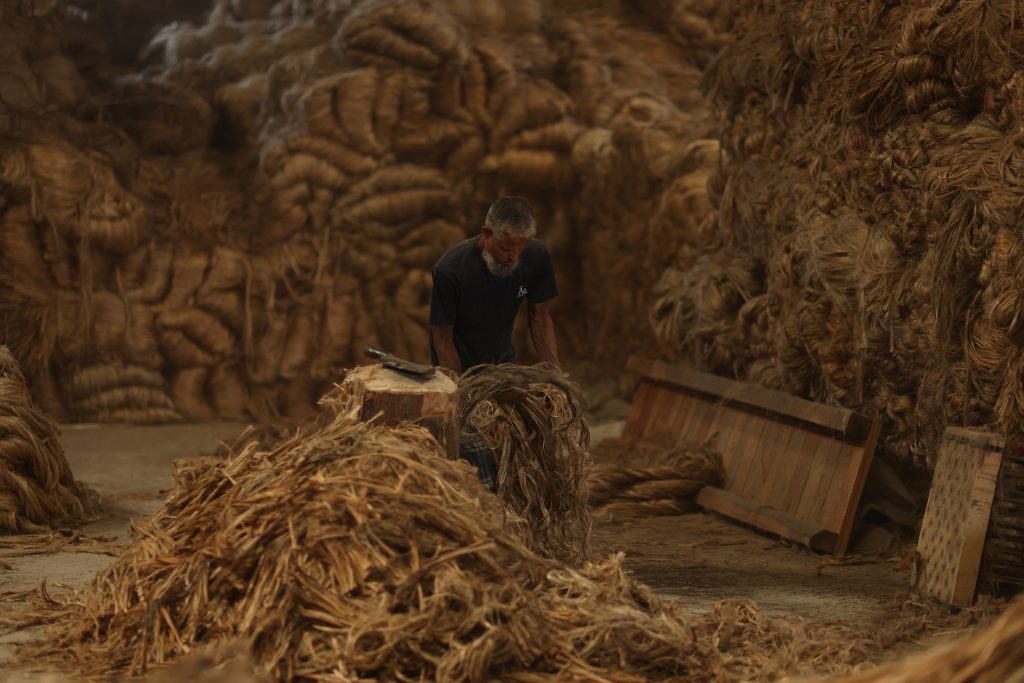
Waste Lab
The Waste Lab, located at the KUET campus, provides state-of-the-art analytics for waste analysis and for assessing urban and agricultural resources. It is lead and operated by KUET staff and supports the research activities carried out in the Working Groups. It develops and follows standardized methods and produces high-quality and well-documented datasets. Furthermore, it functions as a student training facility, allowing post-graduate students to gain practical experience in laboratory work.
Knowledge Transfer Hub
The Hub is a lighthouse undertaking in the Bengal Golf region for research in the field of sustainable waste and resource management. It is a national and international centre for training, knowledge exchange and debate. The Hub acts as an institutional platform for political, public and private actors, scientific institutions, industry associations and other stakeholders, thus enabling a sound inter-and transdisciplinary approach in all its endeavours. The Hub strives to create a stimulating environment where the sustainable management of waste is promoted, ultimately leading to the understanding of waste as a valuable resource, and its management as the central pillar of a sustainable circular economy. Here, sustainability is understood and considered in all its dimensions, and consequently, the Hub explores waste management in a technical, economic, social and ecological context. With its location in Khulna, the Hub particularly embraces the challenges of middle-sized urban centres in the Southern Asian region, showcasing how academia can support and empower local residents, municipal bodies and local businesses with the long-term goal of creating a safer, healthier and more attractive environment.
Awareness Center
The Awareness Center is a joint venture between the KUET and KCC. Located on KCC premises and operated by KCC staff, the Awareness Center creates the interface between the research activities, municipal services and local residents. It ensures the translation of research outputs to the local communities. Vice versa, the Awareness Center guarantees that local residents can communicate their concerns and expectations and actively contribute to research activities.
